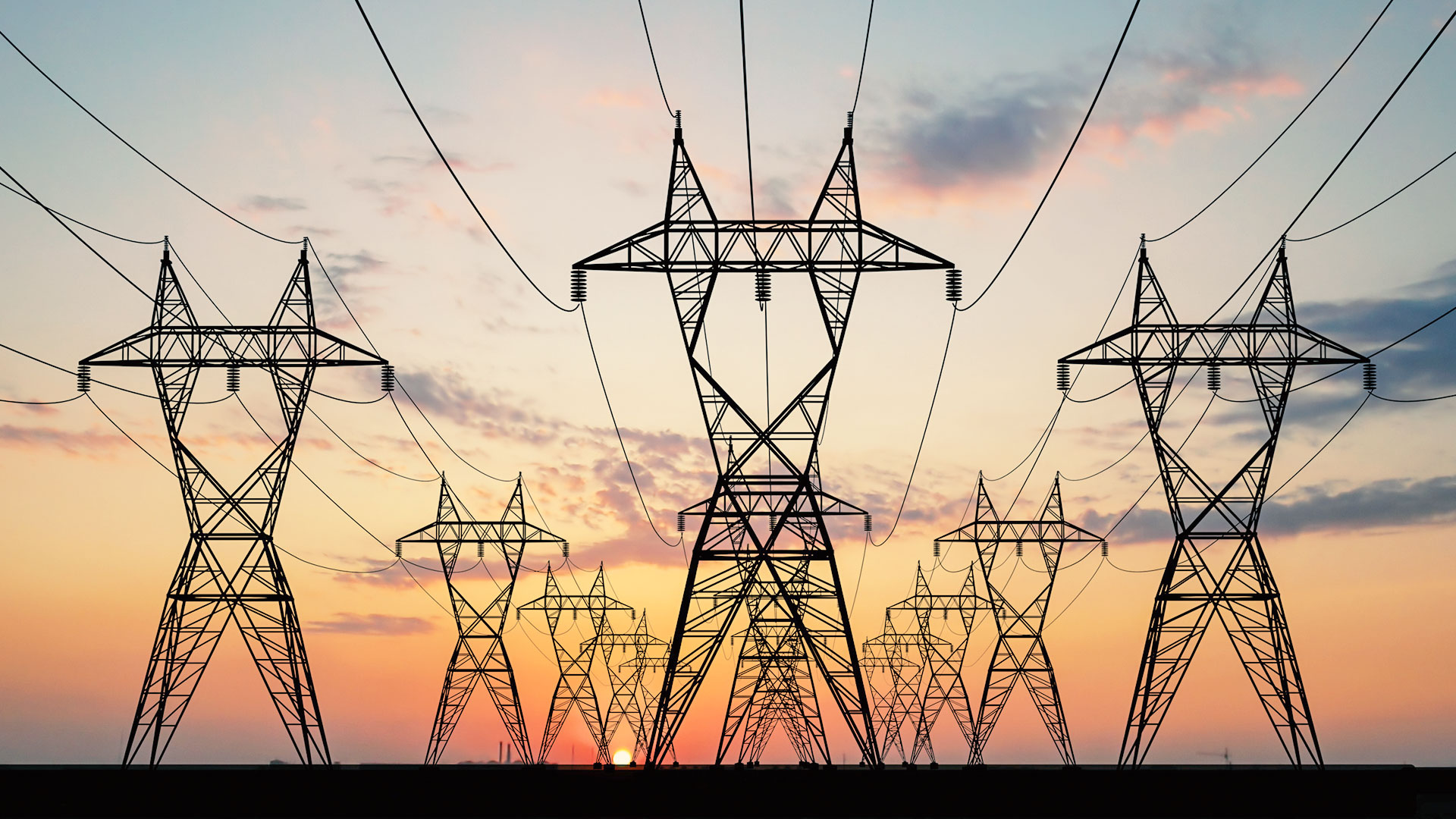
ANALYSIS
The COP26 Climate Conference in Glasgow has been hyped as one of the most important meetings in world history. Conference host British Prime Minister Boris Johnson warned attendees that humanity has “run down the clock” when it comes to climate change and the time for action is now.
But is the world actually facing imminent catastrophe? What should be done to clean up the planet and minimize natural disasters, anything?
Scientist Gregory Wrightstone, executive director of the CO2 Coalition, says contrary to what people are being told by conference speakers, scientific facts prove that Earth is not in the midst of a warming crisis and life on the planet is actually flourishing.
“What we see here at the CO2 Coalition is that the modest warming that we’ve seen since the turn of the century is eight-tenths of a degree – it doesn’t sound too alarming to me – combined with increasing CO2 is leading to an Earth that is thriving and prospering, ecosystems are thriving, and the human condition and humanity are benefitting from it,” Wrightstone explained. “We’re being fed a bill of goods about the non-horrific consequences of this modest warming.”
He fears the regulations and restrictions being proposed at the climate conference in Scotland will eventually prove economically crippling to the United States and to Western developed nations.
Russia, China, and India
Wrightstone said the biggest story in Glasgow is not who is attending the global gathering, but rather who has failed to show up.
“Who is thumbing their nose at it? It’s Russia – Putin’s not going – President Xi of China is not going, and Prime Minister Modi (of India) – and this takes the cake, and you just shake your head – he attended. He has no interest at all in reining in his carbon dioxide emissions.”
Modi announced that India will take steps to arrive at Net Zero, zero carbon emissions by the year 2070.
“These three leaders have a great understanding of how you get a vibrant, dynamic growing economy,” Wrightstone explained.
Wrightstone, the author of the bestselling book, Inconvenient Facts: What Al Gore Isn’t Telling You, said he uses three descriptors for electricity generation: reliable, abundant, and affordable.
“None of those three descriptors can be used to describe solar or wind-generated electricity (which is) unreliable,” he insisted.
What About Nuclear Energy?
In the wake of the Three Mile Island nuclear power plant meltdown disaster (March 1979), Greenpeace activists and other environmentalists staged protests and successfully pressured governments to end reliance on and construction of nuclear-generated power plants.
Is it time to re-consider a reliance on nuclear power-generated electricity?
At the COP26 Glasgow conference, Rafael Mariano Grossi, Director General of the International Atomic Energy Agency (IAEA) said nuclear power should be considered as “an indispensable element” to the energy mix.
Wrightstone agrees. He believes nuclear power is an abundant resource and notes that 70-80% of electricity in France is fueled by nuclear power.
Has the US Crippled Itself?
However, he said it won’t be easy for the United States to expand national reliance on nuclear and coal-fired energy.
“After you’ve already abandoned that, and blown up your nuclear facilities, and blown up the coal-fired electricity plants and destroyed them, it takes many decades to rebuild that.”
He said China and India, two of the world’s top carbon emitters, are “not playing the(COP26) game” and are moving full-steam ahead in expanding their industrial development with a reliance on fossil fuels, while the U.S. and Europe pursue greater regulations and taxes. That worries Wrightstone.
“I fear for America and I fear for the Western world.”
BELOW: Watch the full interview with Gregory Wrightstone and be sure to see The Global Lane on the CBN News Channel. Click here for a complete programming schedule.
The remainder of this article is available in its entirety at CBN